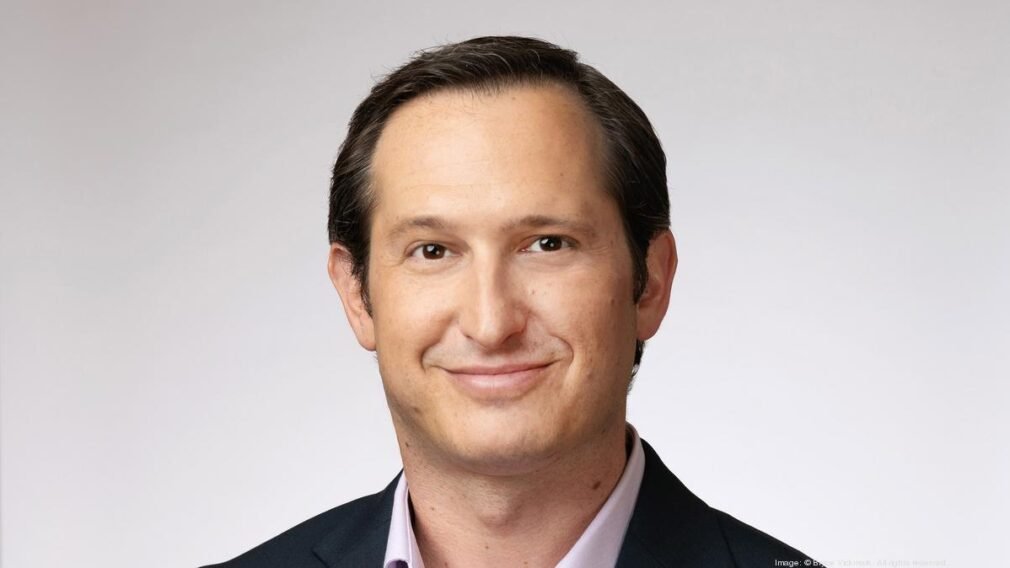DraftKings Reconsiders Tax Strategy After Customer Pushback on Surcharge Fee
DraftKings is reevaluating its approach to handling high taxes after withdrawing a controversial surcharge fee plan that was met with significant customer backlash.

Abandoned Surcharge Plan Sparks Search for Alternatives
The company had briefly considered imposing a fee on winning bets in high-tax states but scrapped the idea within 13 days following negative feedback. Speaking at the Bank of America Gaming and Lodging Conference, CEO Jason Robins acknowledged that the fee plan was poorly received, leading the company to seek alternative solutions to address tax pressures.
“We got feedback that people didn’t like this particular solution, so we changed it,” said Robins. He added that while the initial plan was intended to allow for increased investment in promotions and customer incentives, it was clear that a different approach was needed. DraftKings is now exploring other potential solutions to handle the burden of taxes in a way that will be better received by customers.
Deliberate Approach but Open to Change
Despite the backlash, Robins emphasized that the decision to propose the surcharge was a calculated one, and the company took a deliberate approach in gauging reactions from both customers and state governments before fully implementing the plan. “We decided to throw it out there and see what the reaction from customers was,” Robins explained, noting that the feedback prompted a swift decision to abandon the surcharge.
As DraftKings navigates tax challenges, Robins indicated that the company, along with other sportsbook operators, has learned valuable lessons from previous tax increases, such as the recent hike in Illinois.
He suggested that the industry’s strategy for dealing with similar situations would improve in the upcoming legislative season. However, he stopped short of detailing specific plans for how DraftKings would address potential future tax hikes.
“I think that there is something that maybe isn’t exactly this that I think could be a solution,” Robins said, hinting that the company would continue to seek a balanced approach to managing taxes without directly passing the cost onto customers.
Recommended
